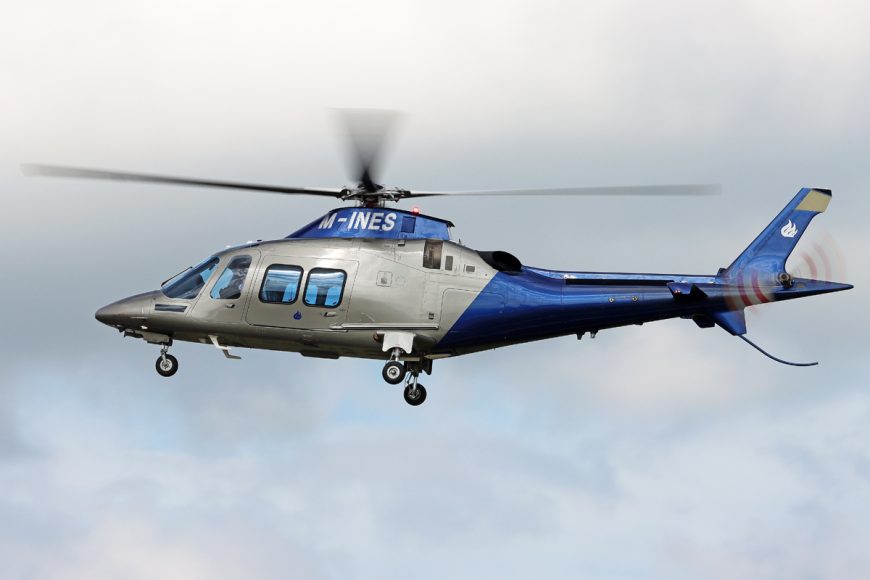A whole host of industries, including aviation, will fail to meet legally binding commitments to decarbonise by 2050, according to a wide-ranging report produced by KPMG. The reason for such a pronounced failure, the report claims, is government and industry reliance upon incremental changes that only take effect over a number of years.
The NetZero Readiness Report 2023 makes it clear that “the goal of achieving net zero by 2025 hinges on significant increases in the production of sustainable aviation fuel, as well as government incentives.” In a stinging rebuke, KPMG aviation strategy partner Christopher Brown said: “2050 as the net-zero target is pretty much tomorrow for this sector.” One of the principal reasons is the lengthy periods required by OEMs for development and production of fuel efficient and decarbonised aircraft.
The report was published prior to the opening of the United Nations COP28 climate change conference in Dubai. It also came as Virgin Atlantic flew the first transatlantic commercial flight using 100% SAF when a 787-9 aircraft (registered G-VDIA) flew from London Heathrow to New York JFK on 28 November. The flight was designed to emphasise aviation’s commitment to net-zero despite a wealth of negative publicity exemplified by the KPMG report.
